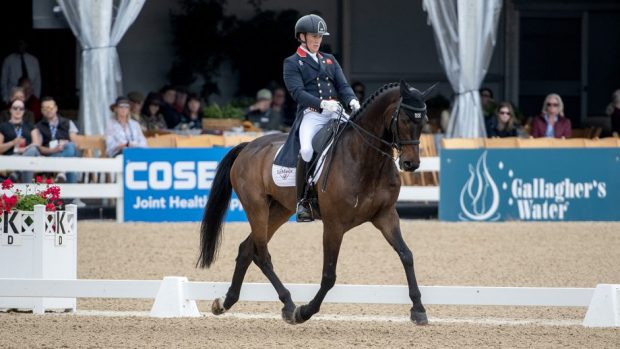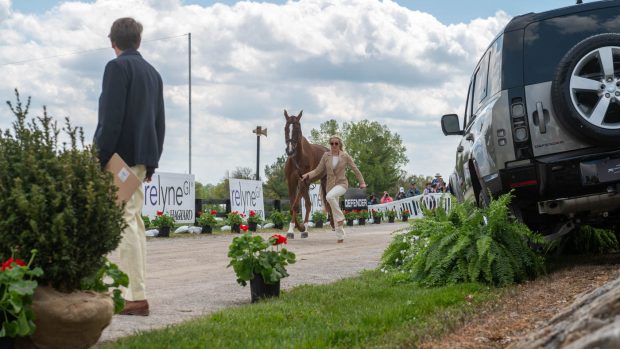MPs have voted to ban hunting with hounds. The controversial vote on the Hunting Bill took place on Wednesday evening.
Gathered opposite the House of Commons, the League Against Cruel Sports had called for MPs to outlaw hunting, with protesters dressed up as foxes and deer.
Across the road, pro-hunting demonstrators had held a round-the-clock vigil since Monday evening, braving the cold to defend their sport. Their efforts came to naught however, as 387 MPs voted to ban hunting with dogs.
If the House of Lords were to approve the Bill as it stands now, hunting a wild mammal with dogs would become an offence. Allowing other people to hunt with dogs on one’s land or allowing one’s dogs to participate in a hunt would also constitute an offence under the new law.
The debate over the future of hunting lasted for over five hours and the last vote was eventually cast at 10.30pm. MPs were asked to choose among three options: an outright ban, self-regulation and an independently regulated scheme that would require people who hunt to get a licence – the so-called Middle Way.
Parlamentarians were given freedom of conscience to vote on an issue which saw considerable disagreement among members of the same party.
Having openly declared his opposition to hunting with hounds, the Prime Minister did not cast his vote on this occasion, as he went to Northern Ireland to meet key people involved in the peace process. Tony Blair’s absence disappointed the anti-hunting lobby, especially since he also missed previous parliamentarian attempts to enforce a ban.
Although the vote in favour of a hunt ban was overwhelming in the Commons, the Bill may not become law before the general election, which is likely to take place in May.
Peers are expected to reject the Bill altogether or – if they are allowed to debate the three options – to choose a different option from the one voted by the Commons.
In either case, there may not be enough time for the Bill to shuttle between the two houses until an agreement is reached. As Lord Strathclyde, the Tory leader in the House of Lords, said: ‘No Bill, not even the shortest and least controversial one, can normally pass the Lords in less than six to seven weeks from when it leaves the Commons’.
‘This means that if there is an election called for April or May, this Bill has no chance of becoming law, for timing reasons alone,’ he declared.
Instead, the government would have to reintroduce the Bill after the election, invoking parliamentary act to force it through despite Lords opposition – a move which would delay the enforcement of the ban until November 2002.
Meanwhile, pro hunting associations have declared they will fight on.
Chairman of the Countryside Alliance, Richard Burge said: ‘Many MPs have disingenuously attempted to validate their demands for a ban onthe shaky premise that a ban was somehow favoured by the electorate. That excuse could anyway never be valid in a free, just and tolerant society. But in any event it has now been shown to be untrue.
‘There is now unequivocal independent evidence to show that the public, backed by most of the national press, are not in favour of any ban.
‘And if MPs need any reminding of this, our massive Liberty and Livelihood march in London on March 18 should help them!’




